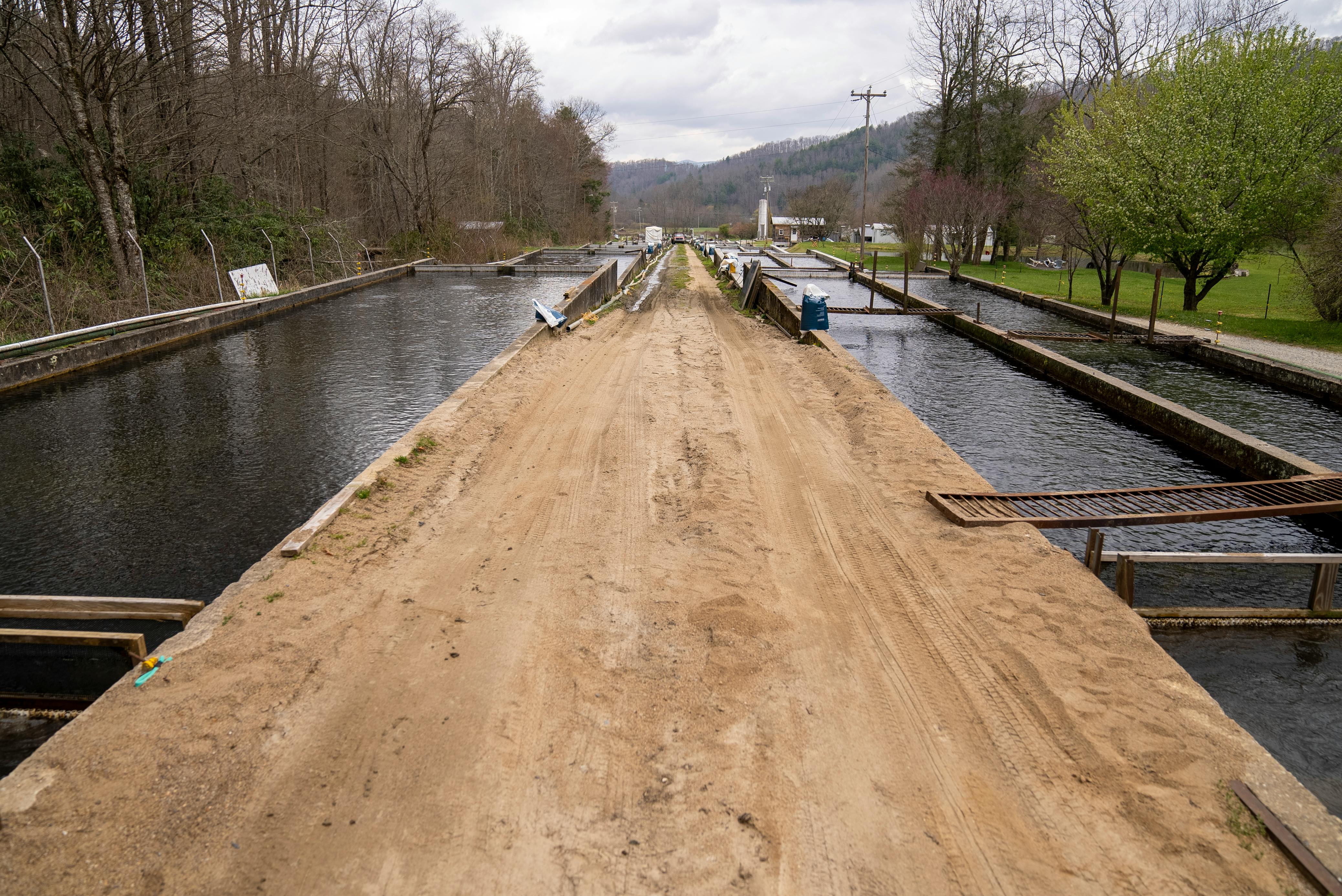Water is essential for life, so it’s important to understand the different types available and the differences between them. Filtered water and distilled water are two of the most common types of drinking water. Though both are considered purified, they are different in many ways. In this article, we will discuss the differences between filtered water and distilled water so that you can make an informed decision when selecting which type of water to drink.Filtered water is water that has been passed through a filtration system to remove impurities, such as chlorine, bacteria, sediment, and other contaminants. Filtered water can be produced in a variety of ways, including reverse osmosis systems, distillation systems, and carbon filters. The type of filter used will depend on the type of impurities being removed from the water.
What Is Distilled Water?
Distilled water is a type of purified water that has had both impurities and minerals removed. It is created by boiling water and condensing the steam into a clean container, leaving contaminants behind. Distillation is an effective way to purify water, as it removes bacteria, viruses, heavy metals, and other harmful substances from the source. It is also free of the chemical compounds that are often found in tap water, such as chlorine and fluoride.
Distilled water has many uses, including drinking and cooking. It can also be used in medical settings, like dialysis machines and laboratories, where clean water is essential for accurate results. Distilled water is also used in car batteries and steam irons to prevent mineral deposits from building up over time.
Distilled water does not contain any minerals or nutrients, so it does not have the same healthy benefits as naturally occurring spring or mineral waters. Additionally, distilled water can absorb contaminants from its environment more easily than other types of purified water. For this reason, it is important to store distilled water in sealed containers or bottles made specifically for this purpose.
While some people believe that drinking distilled water can help remove toxins from their bodies, there is no scientific evidence to support this claim. In fact, consuming too much distilled water can actually lead to dehydration due to its lack of beneficial electrolytes like calcium and magnesium.
Filtered and Distilled Water
Water is essential to all life on Earth, and clean, safe drinking water is of the utmost importance. Filtered and distilled water are two of the most common forms of purified water available. Filtered water is created through a process that removes impurities from regular tap water, while distilled water is produced through a process that removes impurities from boiled tap water. Both forms of purified water offer many benefits for consumers, but there are some key differences between filtered and distilled water that should be noted.
Filtered water passes through a filter that removes sediment particles, chlorine, bacteria, cysts and other contaminants. This process leaves behind clean, clear drinking water that has a better taste than regular tap water. The filters used in this process are designed to capture particles as small as 0.5 microns in size so that all harmful contaminants are removed from the drinking supply.
Distilled water is produced by boiling regular tap water and then condensing the resulting steam back into liquid form. During this process, the impurities in the original source of tap water are left behind and do not make it into the finished product. Distilled water is considered to be one of the purest forms of drinking available because it has been stripped of all minerals and contaminants.
The main difference between filtered and distilled water lies in their respective purification processes; filtered waters remove sediment particles, chlorine, bacteria, cysts and other contaminants while distilled waters remove minerals and other impurities from boiled tap waters. While both types of purified waters offer many benefits for consumers looking for cleaner drinking options, it’s important to note that filtered waters may retain some minerals while distilled waters will not contain any minerals at all.
Advantages of Filtered Water
Filtered water has many advantages. The main benefit is that it removes impurities and contaminants from the water, resulting in water that is much healthier to drink. Filtered water also tastes better, as it eliminates the unpleasant taste of chlorine and other chemicals commonly used in tap water. Additionally, filtered water can help reduce the risk of diseases caused by consuming contaminated drinking water, such as gastrointestinal illnesses. Furthermore, filtered water can help reduce the amount of plastic waste created by buying bottled water.
Disadvantages of Filtered Water
The main disadvantage of filtered water is that it can be more expensive than tap water due to the cost of purchasing and maintaining a filtration system. Additionally, most filtration systems require electricity to run, so they are not suitable for homes without access to electricity. Finally, some filters can remove beneficial minerals from the drinking water, which may have an adverse effect on health in the long-term.
Advantages of Distilled Water
Distilled water offers many advantages for consumption and other uses. It is pure and free from minerals, chemicals, and other pollutants. Distilled water has a neutral pH balance, so it does not corrode pipes or other metals it comes into contact with. It is also free from bacteria, fungi, and parasites that can contaminate drinking water in some areas. Additionally, distilled water is ideal for use with medical equipment such as dialysis machines because it does not leave behind any residue that could interfere with the machine’s operation.
Disadvantages of Distilled Water
On the flip side, distilled water has some potential drawbacks as well. Since it is completely free of minerals, drinking distilled water on a regular basis can lead to mineral deficiencies. Additionally, distilled water can be quite expensive compared to tap or bottled water. Finally, since it lacks taste due to its lack of minerals and chemicals, some people may find it unpleasant to drink.

How Is Filtered Water Made?
Filtered water is made by using a filtration system that removes impurities and contaminants from water. This process typically involves passing the water through several layers of filtration media, such as activated carbon or a sediment filter. Each layer of media is designed to trap and remove different types of particles, such as minerals, bacteria, viruses, and other contaminants. The end result is clean, safe drinking water that is free from impurities.
The first step in the filtration process is to treat the raw water with a chemical agent, such as chlorine or ozone. This helps to reduce the number of bacteria and other microorganisms that are present in the raw water. Next, the water passes through a series of filters. Depending on the type of filter used, this may include sediment filters, carbon filters, reverse osmosis filters, ultrafiltration membranes, or ion exchange resins. Each type of filter has its own purpose and can remove different types of contaminants from the water.
Once all of the impurities have been removed from the water through filtration, it then passes through one final stage of sterilization before it reaches its destination. This may include ultraviolet light or ozone treatment to ensure that any remaining bacteria or viruses are destroyed before the water is consumed by humans or used for other purposes.
Filtered water has many advantages over regular tap water. It has fewer contaminants and chemicals present in it which makes it safer to drink than regular tap water. It also tastes better than regular tap water due to its lack of chemicals and minerals which can affect taste negatively. Finally, filtered water can be more cost-effective than purchasing bottled water since you don’t have to buy new bottles every time you need drinking water.
How Is Distilled Water Made?
Distilled water is made by a process called distillation. The process of distillation involves boiling water and collecting the steam that is produced. The steam is then cooled and condensed back into liquid form, creating distilled water. This process removes any impurities or contaminants that may be in the original water source. It also removes any minerals, such as calcium and magnesium, that are naturally found in tap water. After the water has been distilled, it can be used for a variety of purposes, including drinking, making ice cubes, cleaning products, and more.
Distillation is one of the oldest methods of purifying water. It has been used for centuries to create clean drinking water from sources such as rivers and lakes. Today, there are many types of distillers available on the market that can be used to create distilled water from tap or well sources. These devices often use electricity or steam to boil the original source of water before collecting the steam that is produced.
Once all of the steam has been collected, it is then cooled down and condensed back into liquid form. This produces distilled water that is free from contaminants and minerals found in other sources of drinking water. This makes it ideal for use in many different applications where clean drinking water is essential.
Common Uses Of Filtered Water
Filtered water is used in a variety of ways, from providing clean drinking water to protecting industrial equipment from contamination. In homes, filtered water can be used for drinking and cooking, as well as for cleaning and washing dishes. In businesses, filtered water is often used for cooling systems, such as air conditioning units or industrial machinery. Additionally, filtered water is often used in commercial settings to protect plumbing fixtures from corrosion and mineral buildup.
Filtered water is also commonly used in medical settings. It can be used to fill kidney dialysis machines or to make sterile solutions for wound care or other medical procedures. Additionally, filtered water is often used to clean medical equipment and instruments to prevent the spread of germs and bacteria.
In food preparation settings, filtered water can be used for making ice cubes, mixing juices and other beverages, washing fruits and vegetables, and cleaning kitchen surfaces. Additionally, filtered water can be used in aquariums to keep fish healthy by removing impurities from the tank’s environment.
Finally, filtered water can also be found in a variety of public spaces such as parks and playgrounds where it is used as an alternative to tap water for drinking fountains and other recreational activities that involve contact with the environment. By providing clean drinking water that is free from contaminants or impurities, these public areas ensure that visitors have access to safe drinking sources while enjoying their time outdoors.

Conclusion
The difference between filtered water and distilled water lies in their physical and chemical properties. Filtered water is generally cleaned using methods such as carbon filtration, reverse osmosis, ion exchange, or ultraviolet light. On the other hand, distilled water is created through the process of distillation and has no added minerals or chemicals. While filtered water is typically safe to drink, it may still contain contaminants that are not removed through the filtration process. Distilled water is generally considered to be the safest type of drinking water as it contains no contaminants at all. Both types of water are essential for human life and each has its own unique benefits.
When choosing between filtered and distilled water, it is important to consider both the quality and cost of each. Filtered water tends to be more affordable but may contain trace amounts of contaminants that are not removed by filtration. Distilled water tends to cost more but provides a higher level of safety for drinking purposes. Ultimately, it is up to each individual to decide which type of drinking water is best for them based on their budget, needs, and preferences.

